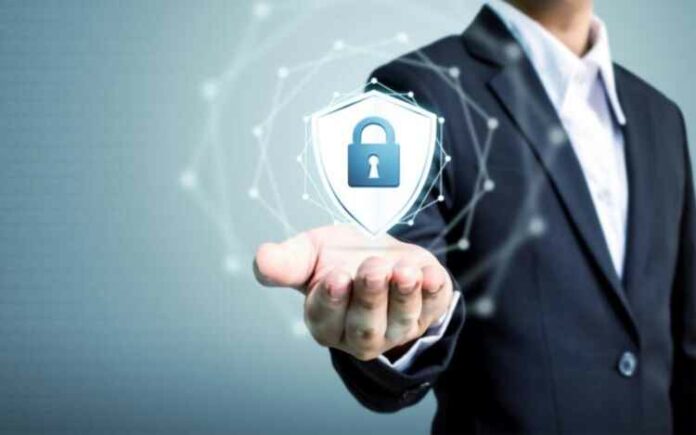
In the modern world, you need to ensure that your business is as safe online as it is in person. Digital networks are almost universal and fraudsters, criminals and hackers will scan for unsecured networks to find the weak link of any business. Sadly, as this threat is often undermined, many SMEs are unprotected and can easily be hacked.
Smith Cooper System Partners have shared some tips to help you keep your business safe online.
1. Passwords
This may seem like the obvious answer, however, easy guess passwords are one of the easiest ways that a hacker can acquire vital information from your business. It is encouraged that businesses change their passwords regularly and prompt all employees to do that same. You should try not to use the same password for multiple accounts.
Also, passwords should not contain names, places, and dates of births as these are some of the easiest passwords to hack. Avoid writing passwords on sticky notes, notepads or anything where people can see them without trying.
Always forgetting your password? Try password manager extensions such as LastPass, these extensions store encrypted passwords online, safely. The regular version of LastPass comes with a web interface, but also includes plugins for various web browsers and apps for a variety of smartphones.
2. Security Assessment
In a progressive world, businesses need to establish a baseline from where they can resolve vulnerabilities. This is usually done by IT experts conducting an IT security survey where they can assess risks, analyse any potential vulnerabilities and draw up action plans. They will then prioritise those threats and weaknesses and allocate extra resources where required.
3. Cloud-Computing & Cloud Security
A lot of businesses now use cloud computing solutions due to the many benefits they offer including working productively and collaboratively from a distance as well as security features.
If you’re using cloud systems such as Sage Software to handle your financial commitments and for the running of your business you’ll want to make sure that they are secure and safe.
Opayo (formally Sage Pay) provides excellent security benefits which are monitored and audited regularly by Qualified Security Assessors to ensure the security of your money.
Other ways of securing your cloud computing are by installing cloud security software that can record each access to your data and provide data encryption. This means that it can’t be illegally changed or corrupted and provides built-in antivirus software and firewalls to deter any potential threats.
With cloud computing, your information is backed up automatically so you don’t need to worry if your device is stolen. However, it’s important to make sure that you can wipe the device clean from a distance so investing in good cloud security software is vital for those who keep a lot of sensitive data within the cloud.
4. Make Use of a VPN
A Virtual Private Network, or VPN as it’s commonly known, is another way of connecting to the internet that offers extra privacy and security. VPNs are often used by companies that work with sensitive information. A VPN masks the original IP address via a replacement VPN provider. If you commonly use public wifi this is something you should consider as any data transfers are encrypted.
5. Keep Your Software Up To Date
You must keep your software updated as much as possible. It always seems enticing to click ‘postpone update’ or ‘update later’, however, each update will have been created to fix any bugs. If you continue to run your old versions of your software, you’ll allow yourself to be an easy target and open your data up to hackers. If you set your software up for automatic updates your software will be protected and will automatically update.
6. Teach Your Staff
Teaching your team and colleagues the importance of staying safe online could be the one thing that stops your business from getting hacked and data being stolen. Teaching them to keep their privacy settings on and practice the importance of safe browsing can stop cybercriminals from finding your content and using it as leverage. Not clicking on emails that look suspicious and downloading unsafe content can also keep your system safe. Making sure your colleagues are aware of this is critical.
Keeping your business safe online is important and by following these six simple steps your business will be safer from hackers and cybercriminals.











